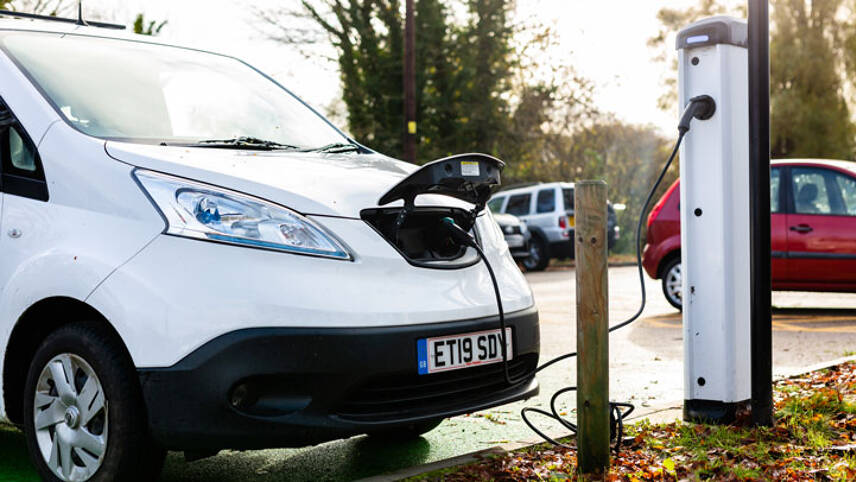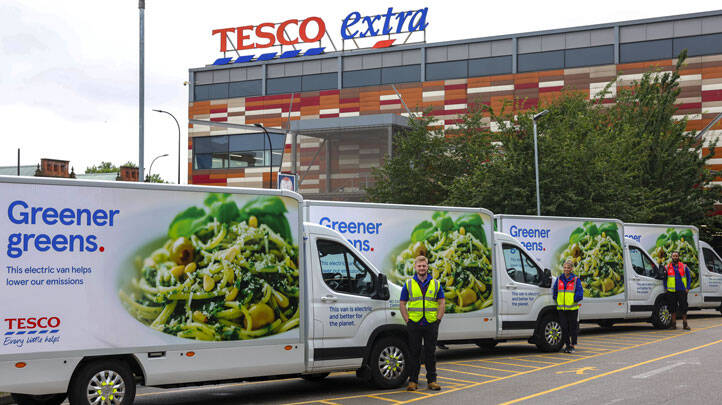Register for free and continue reading
Join our growing army of changemakers and get unlimited access to our premium content

This was the question posed by ALD Automotive LeasePlan, which assessed the adoption of EVs, hybrids and other lower-emission options by corporates across Europe.
The results of the analysis, out this week, cover businesses with extensive fleets across 22 European nations. A total of eight industries are assessed: automotive; consumer goods; construction; energy and chemicals; industrials; financial and progessional services; technology and healthcare and pharmaceuticals. At least ten businesses in each sector provided fleet data.
Across all metrics used, the technology sector came out on top. ALD Automotive LeasePlan found that corporates in this sector are reducing the share of diesel vehicles in their fleets faster than in any other industry.
Tech giants are also leading the way in terms of pure EV adoption, hybrid vehicle adoption and overall CO2e emissions intensity from their fleets. It is the third year in a row that the technology sector has topped the list, which is now on its sixth iteration.
Healthcare and pharma was at the bottom of the table overall once all metrics were considered. The second-to-last place went to construction – partly because the sector relies on some specialist vehicles which are harder to find electric versions of than cars or vans.
Nonetheless, the analysis tracked an accelerated uptick in EV adoption across the board. EV adoption has more than doubled across all sectors over the past two years. Meanwhile, the diesel share has halved. Average CO2 emissions have also dropped across all industries.
“It’s encouraging to see such healthy progress being made across Europe as businesses come together to tackle the climate crisis and industry-related carbon emissions,” said ALD LeasePlan’s UK managing director Alfonso Martinez.
“We hope that by shining a spotlight on all the hard work that’s taken place over the past two years within our industries, we can inspire every business to commit to more ambitious progress in the name of our precious planet.”
The business manages 3.3 million vehicles on behalf of dozens of businesses of various sizes and sectors. It is a founder member of The Climate Group’s EV100 initiative.
ALD LeasePlan’s publication comes shortly after supermarket Tesco unveiled its 500th pure-electric van for customer home deliveries.
The business implemented its first pure-electric vans in the home deliveries fleet in 2020. Collectively, the 500 vehicles have, to date, reduced its fleet-related emissions by 7,500 tonnes, replacing 15 million diesel delivery miles.
Tesco still operates around 5,000 other home delivery vans and will be transitioning this fleet to fully electric options by the end of 2030.



Are we building sufficient power generating plant, and what is the basic fuel?
Most power stations use natural gas.
Wind power is uncontrollable, and intermittent.
Is not nuclear attractive?